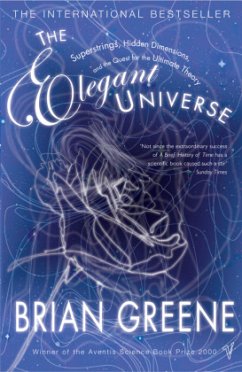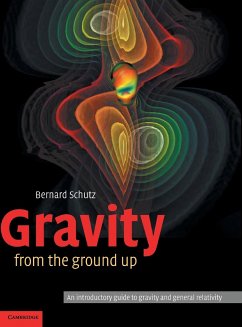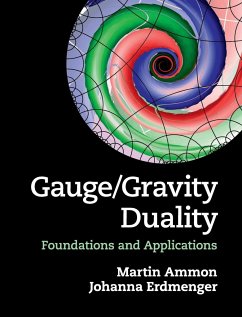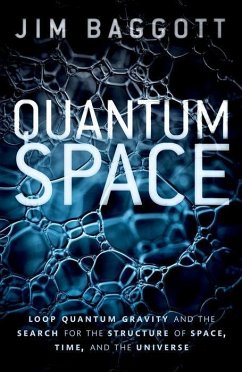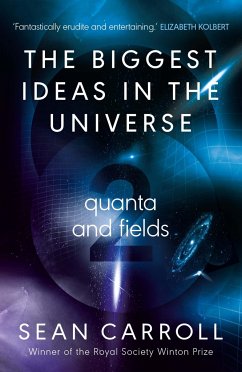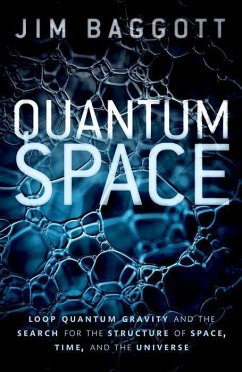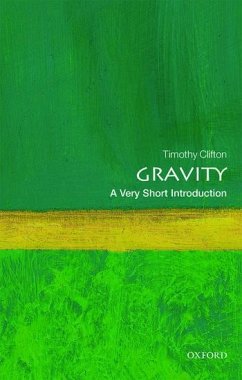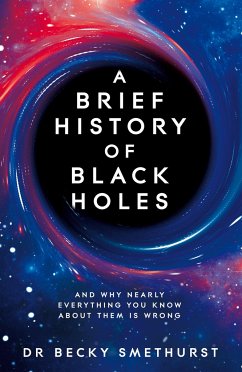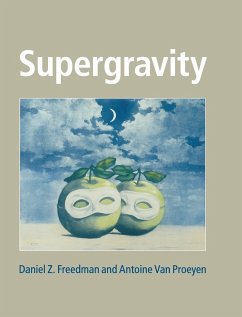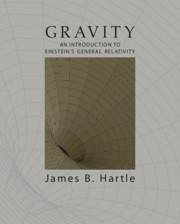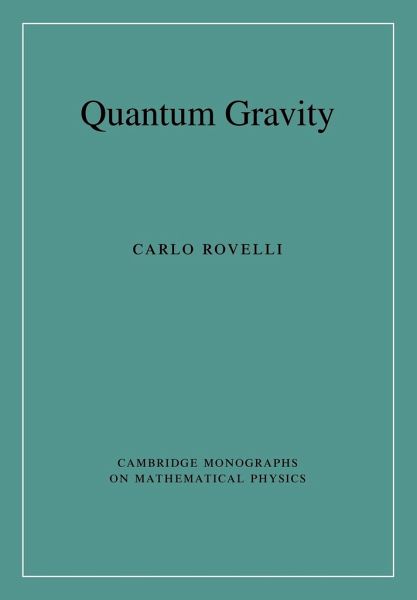
Quantum Gravity
Versandkostenfrei!
Versandfertig in 1-2 Wochen
98,99 €
inkl. MwSt.
Weitere Ausgaben:

PAYBACK Punkte
49 °P sammeln!
Focusing on the conceptual and foundational issues raised by quantum gravity, in particular the nature of space and time, this 2004 book presents the loop and spinfoam approach. Aimed at graduate students entering the field, as well as established researchers, it will also be of interest to philosophers of science.





